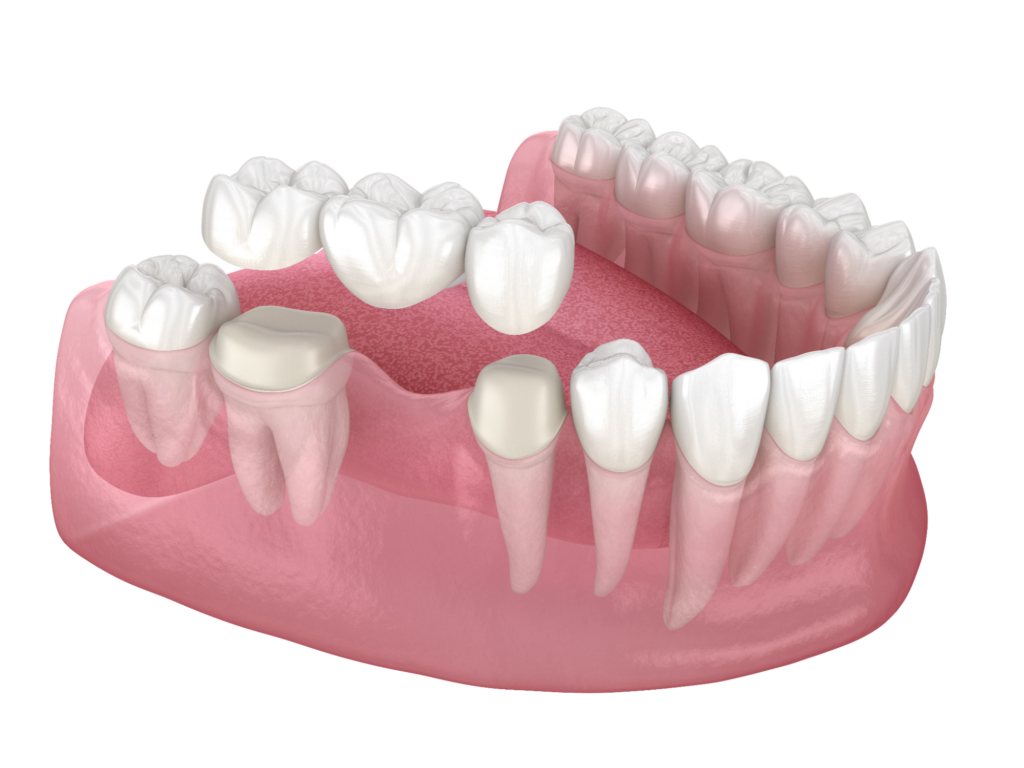Bleeding gums are never normal. If your gums are bleeding when flossing or brushing, this is your mouth sending you a warning signal. Gum disease can affect your physical health along with your oral health.
Here are five common reasons why your gums bleed when flossing.
1. Gum disease
Gum disease is the most common cause of adult dental issues. It is often tied to poor oral hygiene and infrequent dental cleanings. When plaque or tartar builds up on the teeth, bacteria can cause irritation. This beginning phase of gum disease is called gingivitis. Symptoms are typically mild but can worsen if not treated.
Luckily, the advance of gingivitis is relatively slow. If your gums start to bleed while flossing, there’s time to handle a minor problem before it becomes serious. Once bacteria has spread below the gum line, the bone underneath is compromised. Your relatively minor gingivitis has progressed to periodontitis.
As untreated periodontitis progresses, bone loss increases, leading to tooth loss. Furthermore, gum disease isn’t the only possible outcome when bacteria infiltrates the gumline. The bacteria can enter your bloodstream, which can lead to heart disease.
If you experience any of these symptoms:
- Persistent bad breath
- Red, tender, or swollen gums
- Loosening teeth
- Gums bleeding easily or pulling away from your teeth
Do not delay. Book an appointment with The Dental Family Beaumaris as soon as possible. Early treatment can reverse the damage already done so you can keep your smile for life.
2. Over-aggressive brushing and flossing
Applying too much pressure when brushing and flossing doesn’t result in cleaner teeth. Plaque is soft and easily removed with a gentle hand.
Brushing or flossing too aggressively won’t remove plaque or stains from your teeth, no matter how much elbow grease you use. But you can damage your gum tissue which causes bleeding while brushing and flossing.
Another problem caused by brushing or flossing too vigorously is sensitive teeth exacerbated by eating or drinking something very cold or very hot. The pain is sudden and often excruciating. If your toothbrush is frayed, you’re probably brushing too hard.
The correct way of brushing your teeth is to use a soft-bristled toothbrush and fluoride toothpaste. Place the toothbrush at a 45-degree angle to your gum line and use short, gentle back-and-forth motions to prevent teeth and gum abrasion.
3. Medications
Certain medications can cause bleeding gums. This bleeding can occur spontaneously after eating or brushing and flossing. Taking anticoagulants like warfarin, heparin, or aspirin may explain why your gums are bleeding even when you practice good oral hygiene.
Other drugs, including anticonvulsants, calcium channel blockers, and immunosuppressants, can cause bleeding gums. Whether your medications cause your gums to bleed varies by age, gender, and other drugs you take. How diligent you’ve been with your oral health up to that point also factors in.
Many prescribed medications cause dry mouth, especially in older people who don’t produce much saliva. Some of these drugs include anti-hypertensives, antihistamines, and amphetamines. Chronic dry mouth increases your risk for dental cavities and periodontal disease.
4. Pregnancy
The hormonal fluctuations brought on by pregnancy change how your body responds to bacteria that cause gum disease. Some women develop a mild form of gum disease called pregnancy gingivitis. Even the hormonal changes associated with your menstrual cycle can cause sporadic bleeding gums. However, if your teeth were healthy before pregnancy, you’re unlikely to have any problems.
If you suffer from morning sickness, your chances of dental problems increase. Vomit is acidic and can erode an expectant mother’s teeth. If you’re pregnant, be sure not to neglect your oral health.
5. Vitamin deficiencies
If you aren’t getting enough Vitamin C or Vitamin K, your gums are more prone to bleeding while flossing or brushing. Talk to your doctor or dentist about a possible vitamin deficiency if you’re still experiencing bleeding gums after implementing a more intensive oral hygiene routine.
You also want to improve your diet. If you need more vitamin C, add more of these foods:
- Orange juice
- Potatoes
- Broccoli
- Tomatoes
To increase your intake of vitamin K, eat more:
- Spinach
- Olive Oil
- Soybeans
- Lettuce
- Kale
Be Proactive
Consistency is essential to maintain good oral health. Incorporate cleaning your teeth into your morning and evening routine, which will soon become second nature. Regular dental cleanings and exams ensure your teeth and gums remain in good condition.
At The Dental Family Beaumaris, we provide dental care for all ages in our relaxing and serene environment. We want you to have a healthy smile for life. Come tour our facilities to see the Dental Family Beaumaris difference for yourself.
Please call or email us for further information. We look forward to hearing from you soon.


